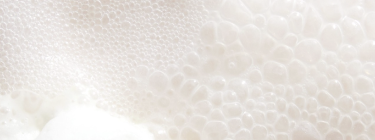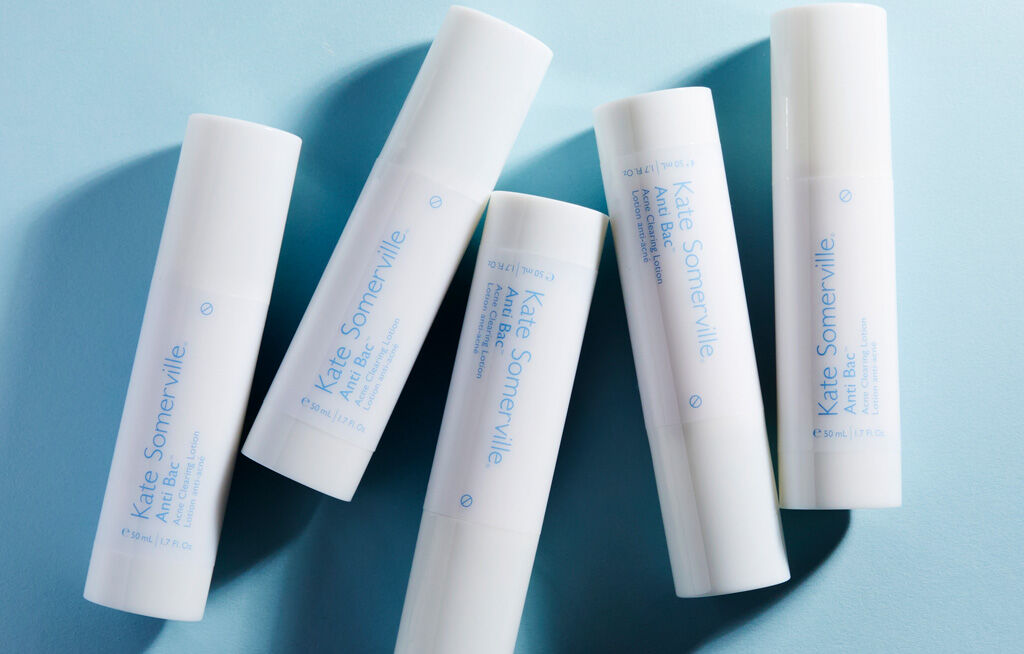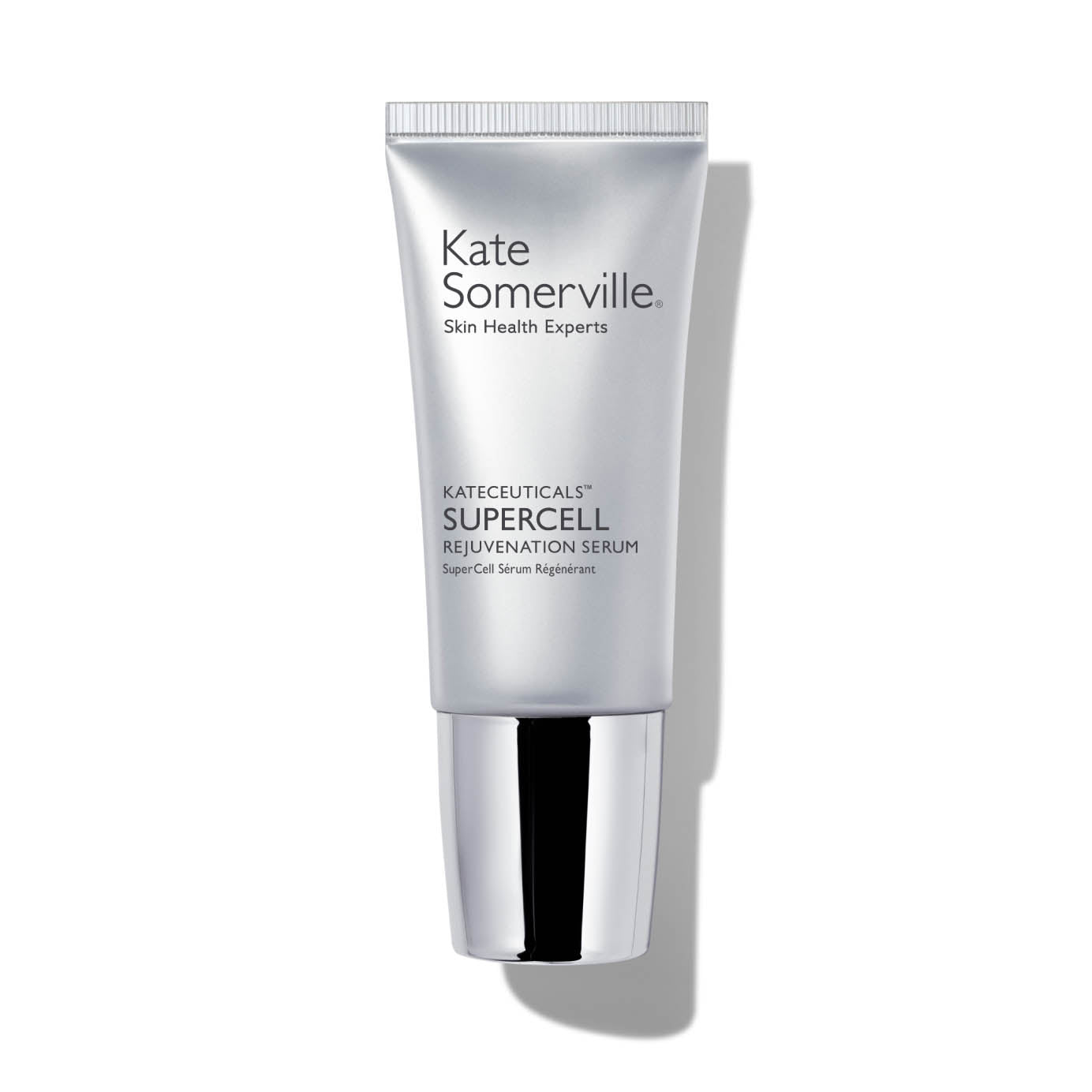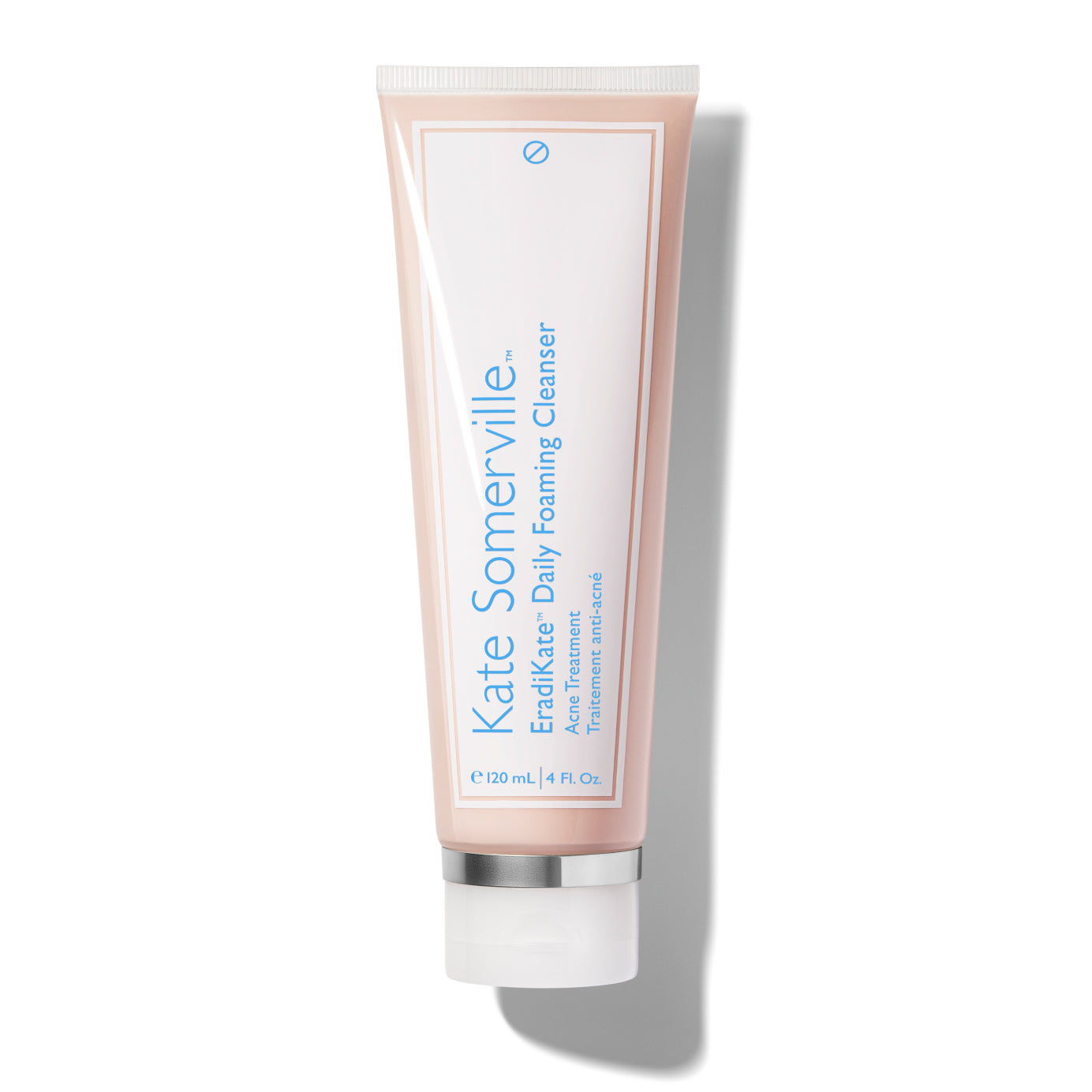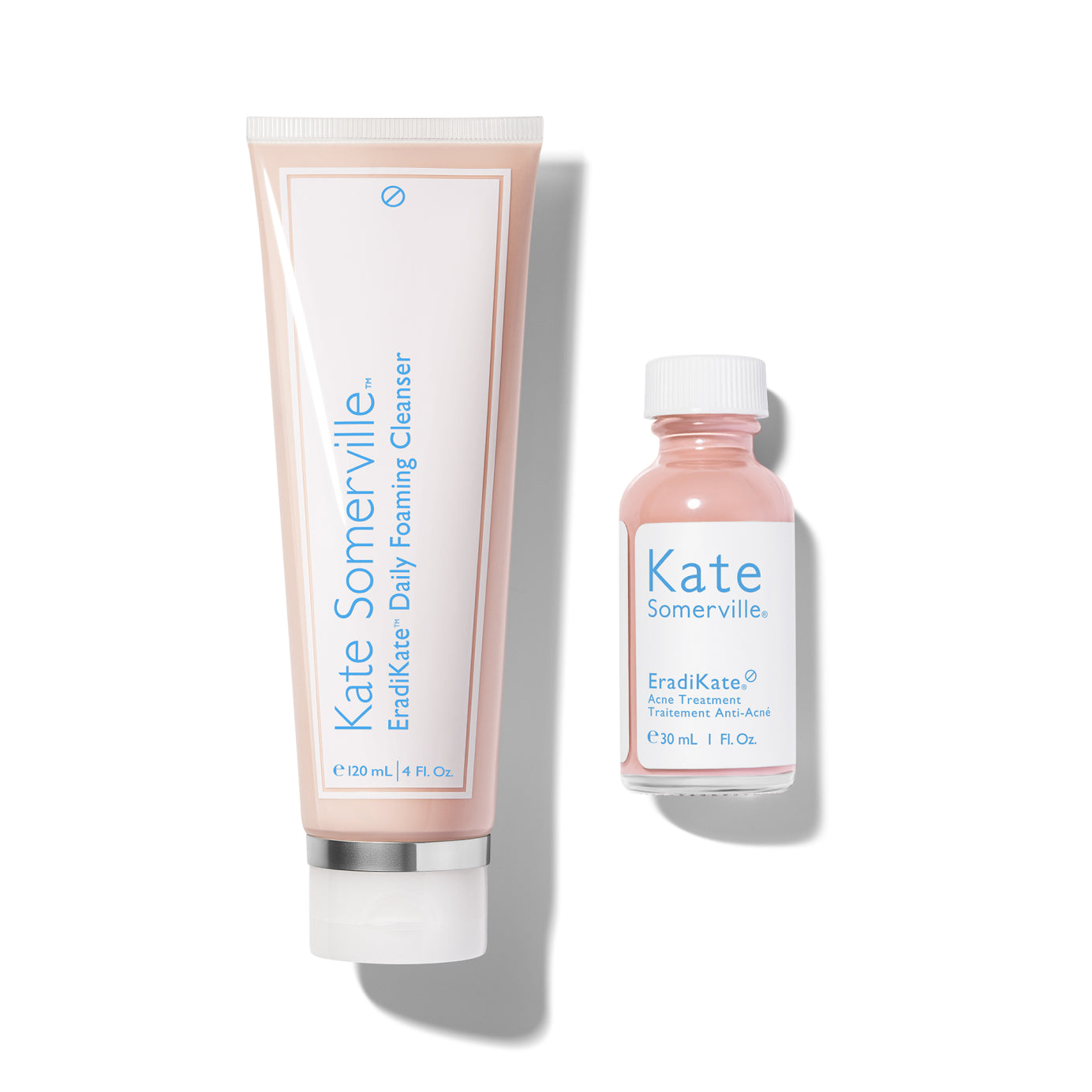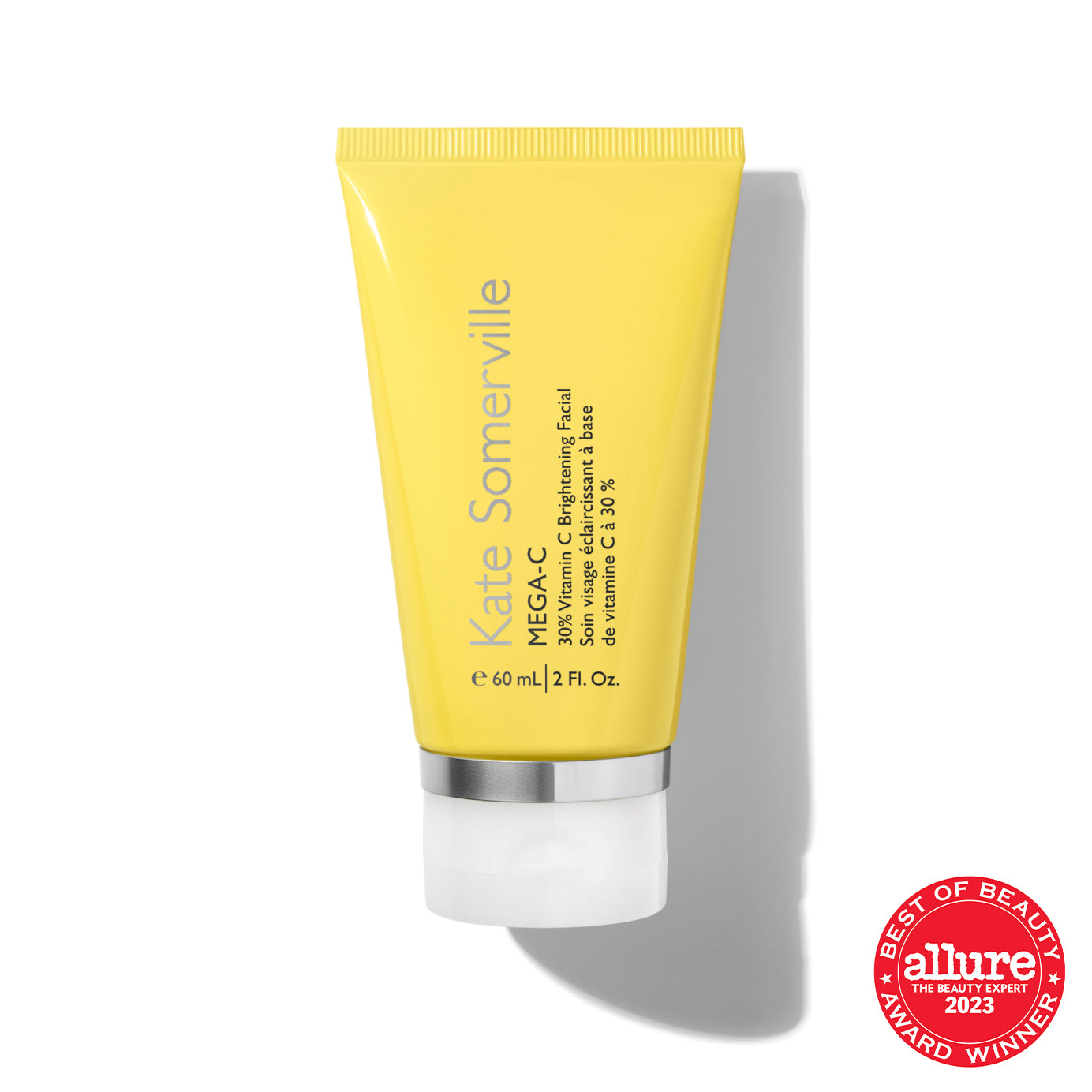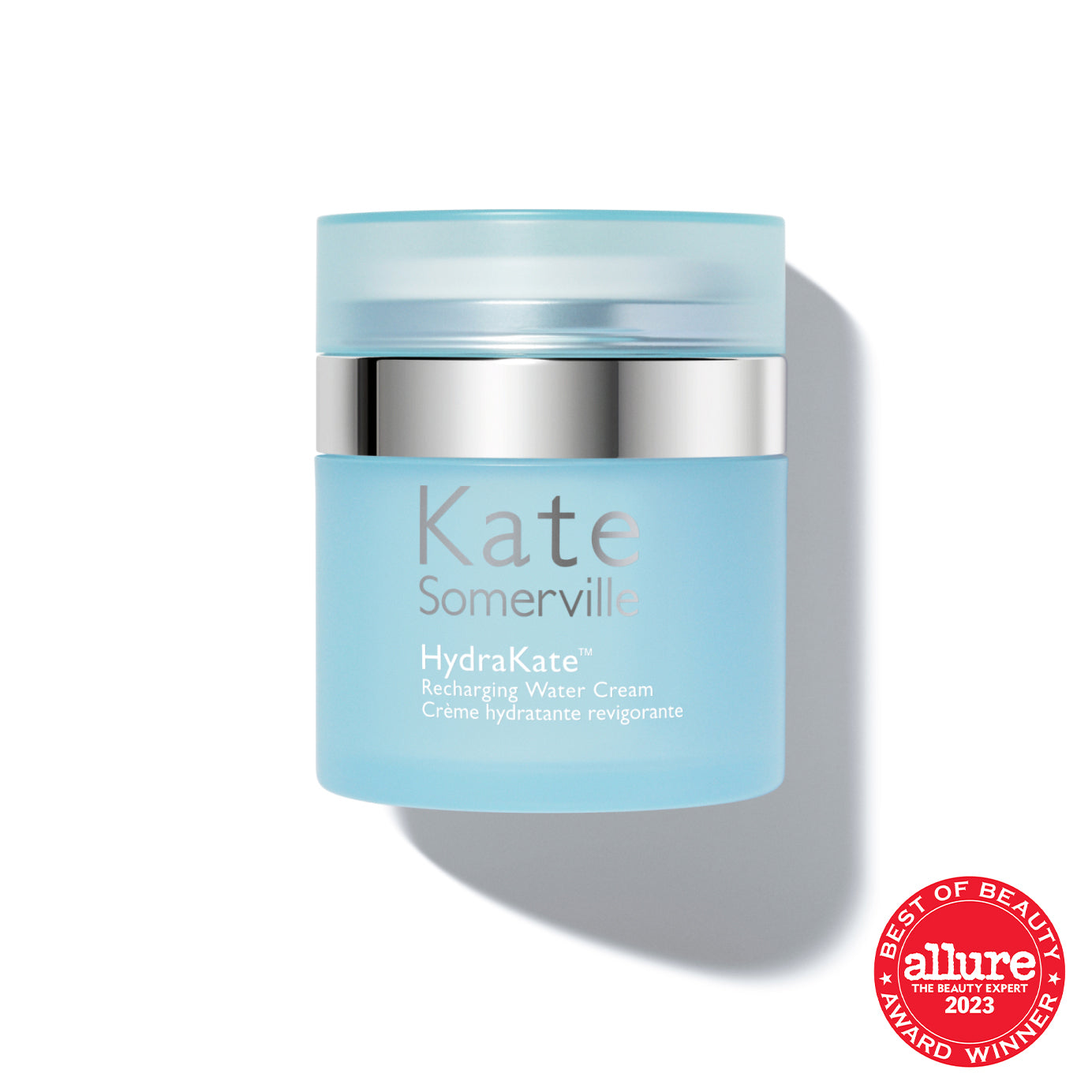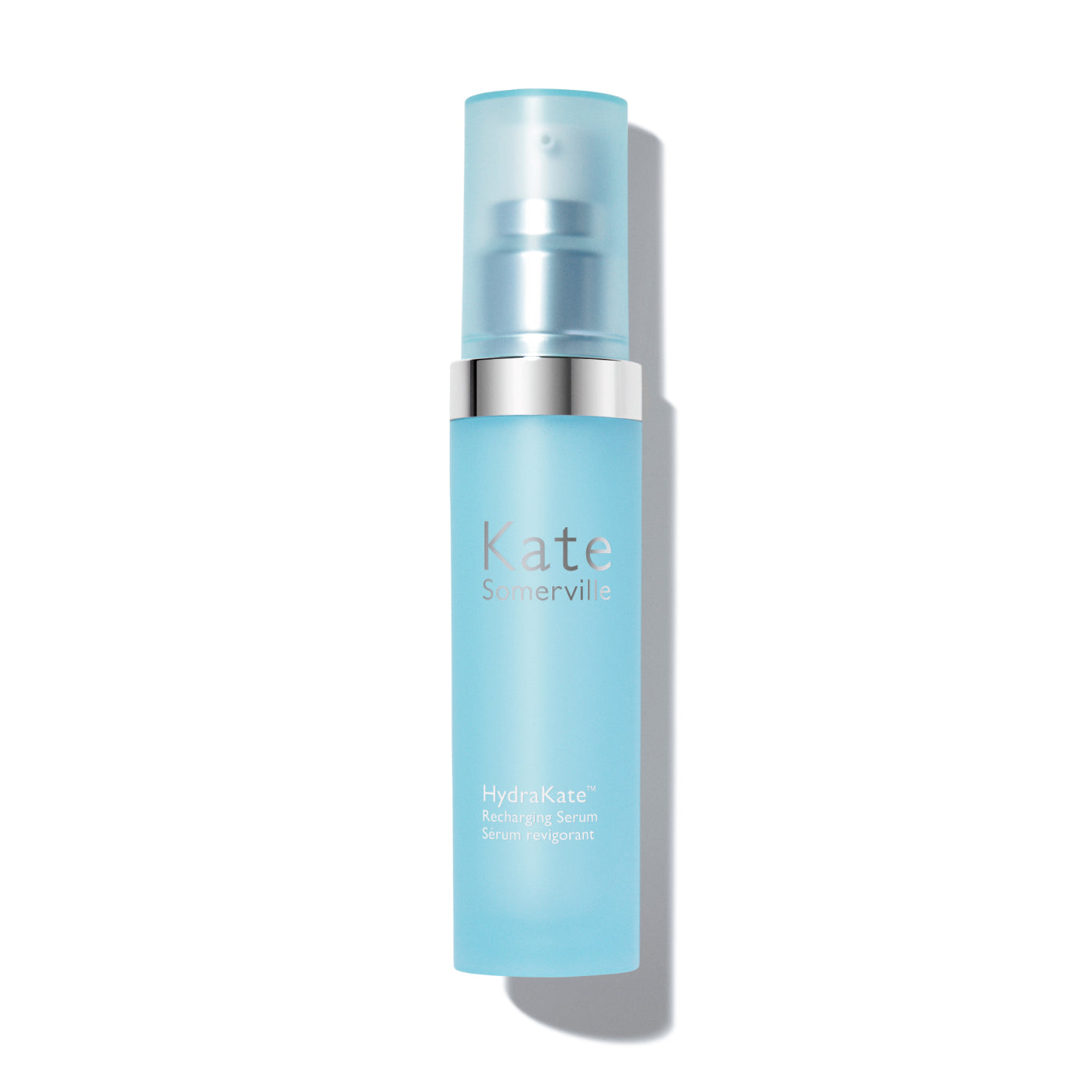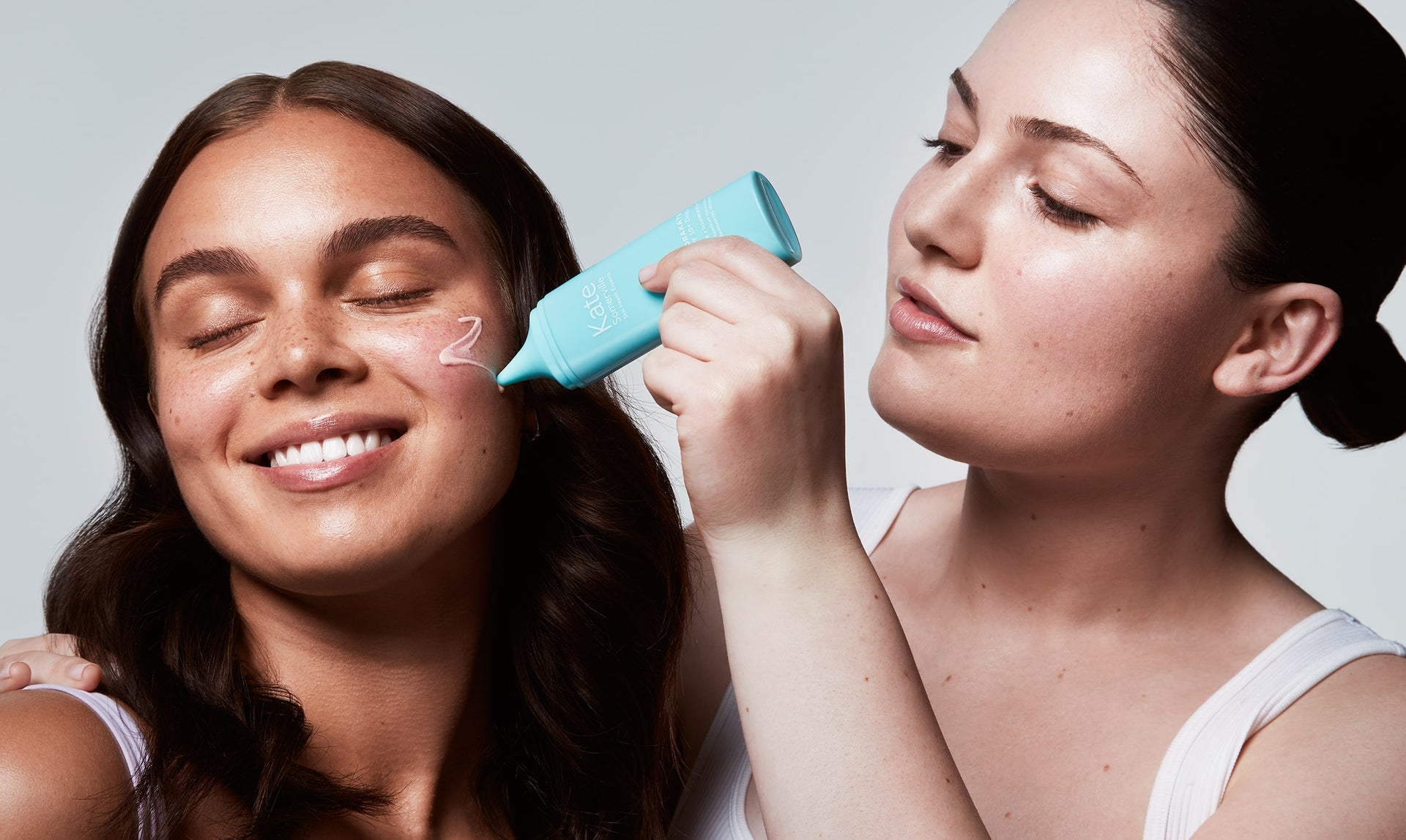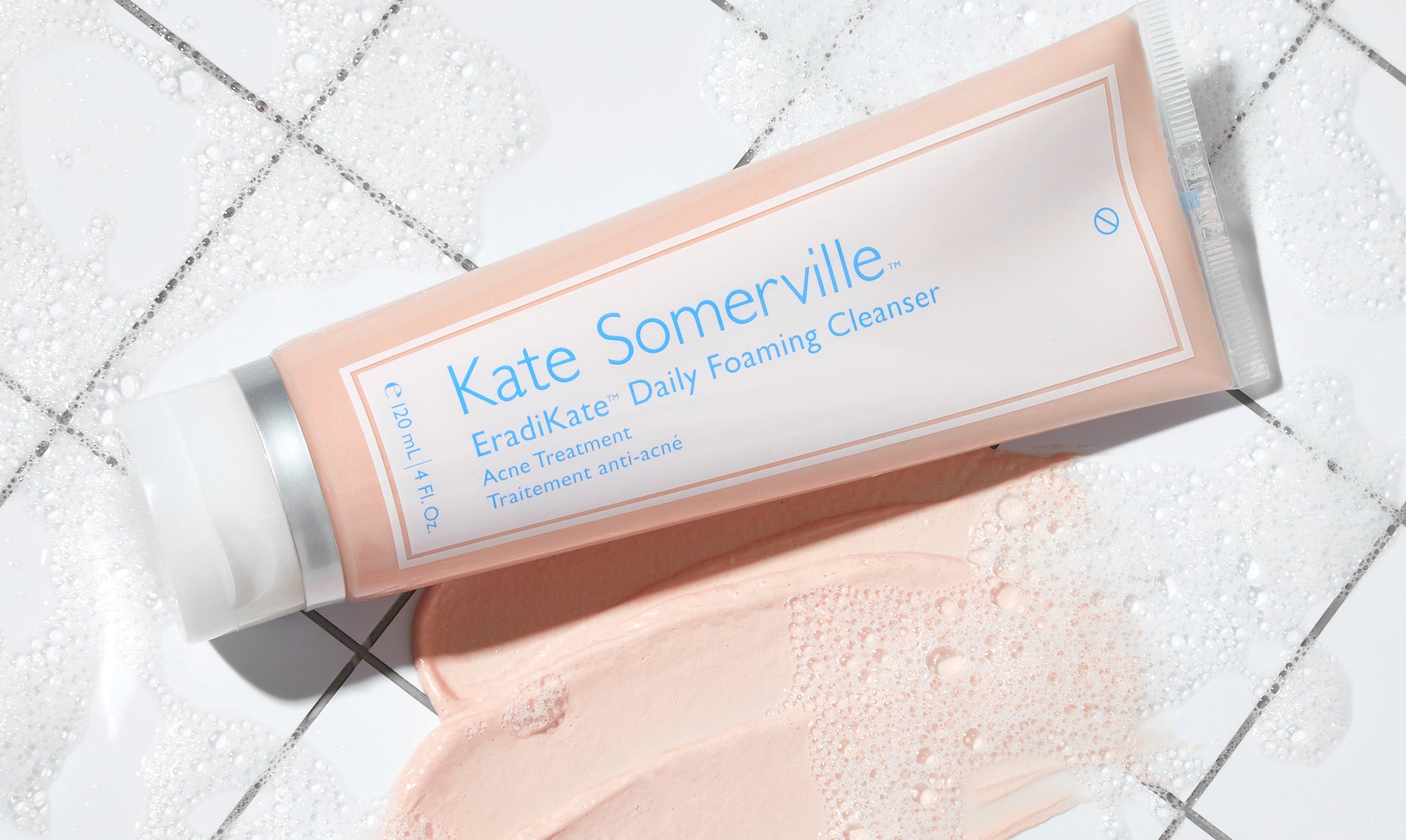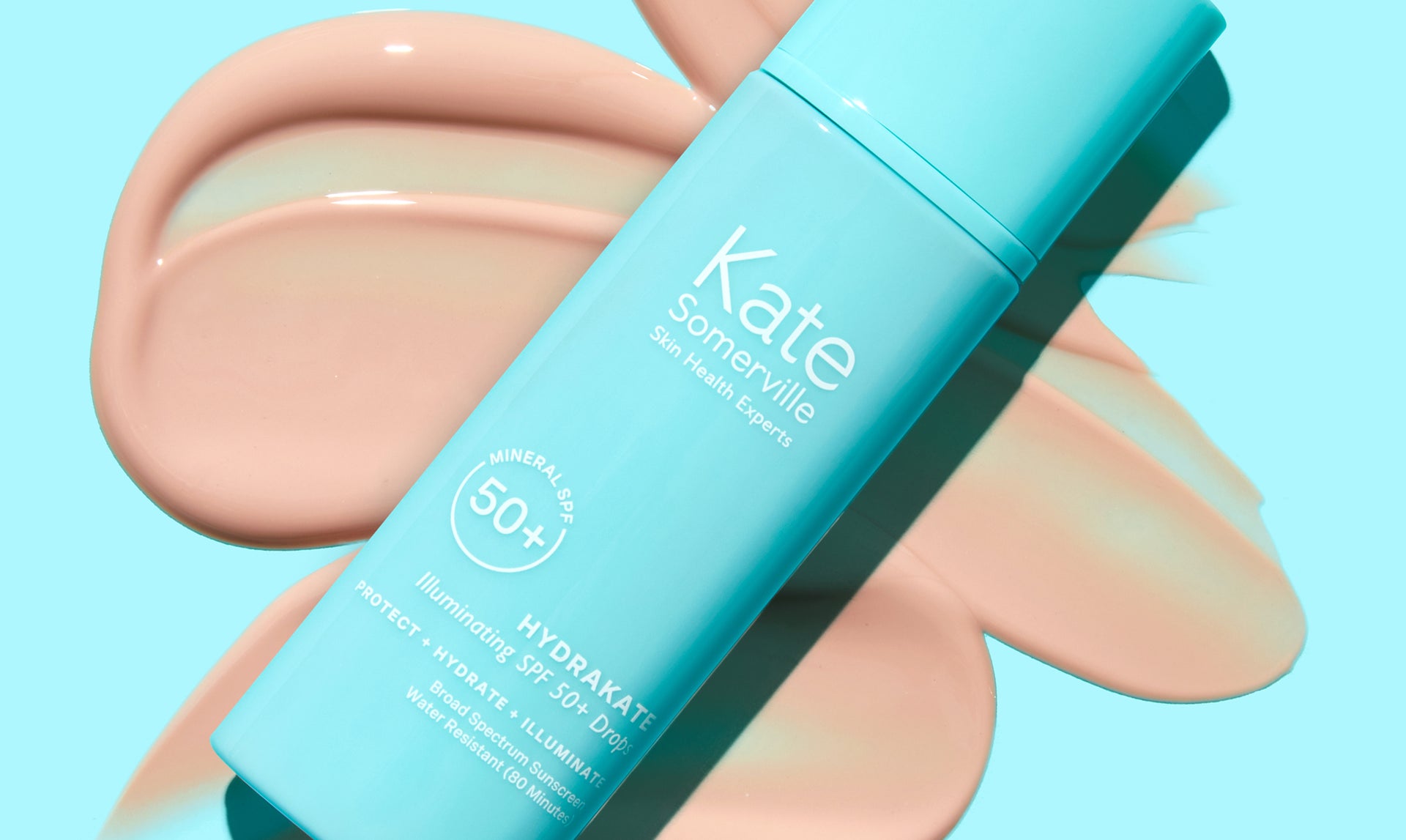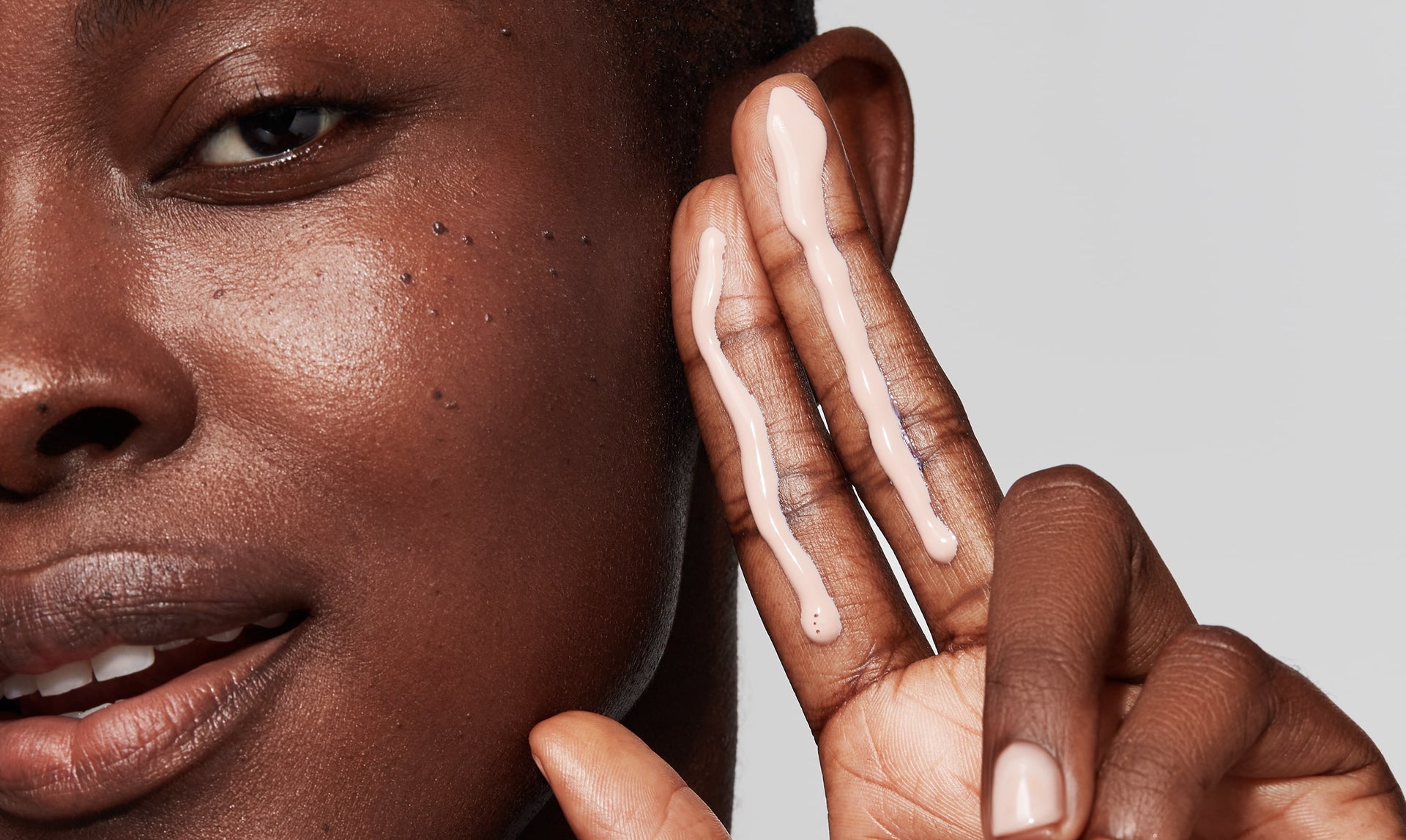While this skincare ingredient isn't exactly new, it has been a well-kept secret for some time now. Available in gels, acne cleansers, cream, and even spot treatments, this ingredient is an excellent way to treat acne. To help you better understand how to use benzoyl peroxide, here’s a full rundown of this blemish-fighting active ingredient.
What is Benzoyl Peroxide?
The chances are, if you've ever tried acne treatment products, you've probably already used benzoyl peroxide. FDA approved, benzoyl peroxide products are available over the counter and may also be produced in stronger prescription strengths.
Everyone wants smooth, blemish-free skin. Yet no matter what your skin type is or how often you wash your face, acne bacteria has a way of coming in contact with your skin. Without treatment, bacteria can cause skin irritation and breakouts quickly and unexpectedly. So how does benzoyl peroxide work? Benzoyl peroxide works to reduce the quantity of acne-causing bacteria found on your skin [1] . It does this by increasing the oxidizing activity of your skin, which releases oxygen onto the surface to help destroy acne bacteria and clear pores from potential blockages. With more oxygen movement, not only is the bacteria destroyed, but any remaining bacteria becomes much easier to wash off.
Benzoyl peroxide also has various soothing and comedolytic properties. These properties work to eradicate bacteria and gently exfoliate your skin to help unclog pores and remove dead skin that may be producing buildup.
Benzoyl peroxide's capability to remove blemish-causing irritants from your skin makes it one of the best ways to treat acne-prone skin without having to resort to antibiotics, which could potentially lead to antibiotic resistance.
What Kind of Acne Can Be Treated with Benzoyl Peroxide?
Still asking yourself, "What is benzoyl peroxide good for?" Due to benzoyl peroxide's unique ability to help eradicate bacteria and prevent clogged pores, it is often used to help treat mild to moderate acne. Pimples, blackheads, whiteheads, and cystic acne are all forms of acne that may be treated with benzoyl peroxide products.
Pimples
Inflamed acne that consists of swelling, redness and clogged pores can often be effectively treated with benzoyl peroxide. Due to its bacteria-clearing properties, this ingredient targets the leading cause of inflammatory acne and can help reduce how many breakouts one experiences.
Blackheads & Whiteheads
Though not often looked at as such, blackheads and whiteheads are considered acne, and can be treated with benzoyl peroxide; however, it's usually a dermatologist's first recommendation. Because unwanted blackheads and whiteheads can seemingly appear out of nowhere, using a benzoyl peroxide treatment may help you get ahead of this acne's formation by ensuring that your pores remain unclogged.
Cystic Acne
A profound and painful type of acne, cystic acne is considered a very severe form of acne and is challenging to treat. Cystic acne produces hard bumps beneath the surface of the skin. These bumps are often filled with pus and lack a visible "tip" or entry point, making it hard to find the treatment spot. With bacteria being a contributing factor in why cystic acne forms, when combined with other acne medications, benzoyl peroxide can prove to be an effective treatment.
If you struggle with cystic acne, we recommend discussing various treatment options with your dermatologist.
Our Favorite Acne Product Containing Benzoyl Peroxide
If you're searching for an acne solution to combat your struggle with troublesome blemishes, then it's time to try out Kate Somerville’s Anti Bac® Lotion. Use our solution in the morning or at night to help clear up existing acne, prevent new acne from forming, regulate oil production, and reduce blackheads and whiteheads. The 5% benzoyl peroxide base is perfect for those looking to maintain clearer, healthy, beautiful skin!
Benzoyl peroxide is undoubtedly one of the most beneficial and inexpensive acne treatments around. However, it's important to remember that everyone's skin is different. What may work for some might not work for others. Now that you've studied up on this blemish-fighting ingredient, it's time to put it to the test! By listening to your skin and choosing a benzoyl peroxide product that works well for you, your skin is sure to look healthy and glowing in no time. When trying out any new acne product, especially one containing benzoyl peroxide, give the product a few weeks to fully show results. If, after 3-4 weeks, you find that the product isn't working well for you, then it might be time to see a dermatologist and talk about additional solutions such as acne medication. You may even find that other ingredients work better for your skin type. If you find yourself weighing the options of acne-fighting ingredients, consider checking out our comparison of benzoyl peroxide vs. salicylic acid for acne. The sooner you find the right ingredient for your skin type, the sooner you’ll achieve healthy, beautiful, blemish-free skin!
Sources:
